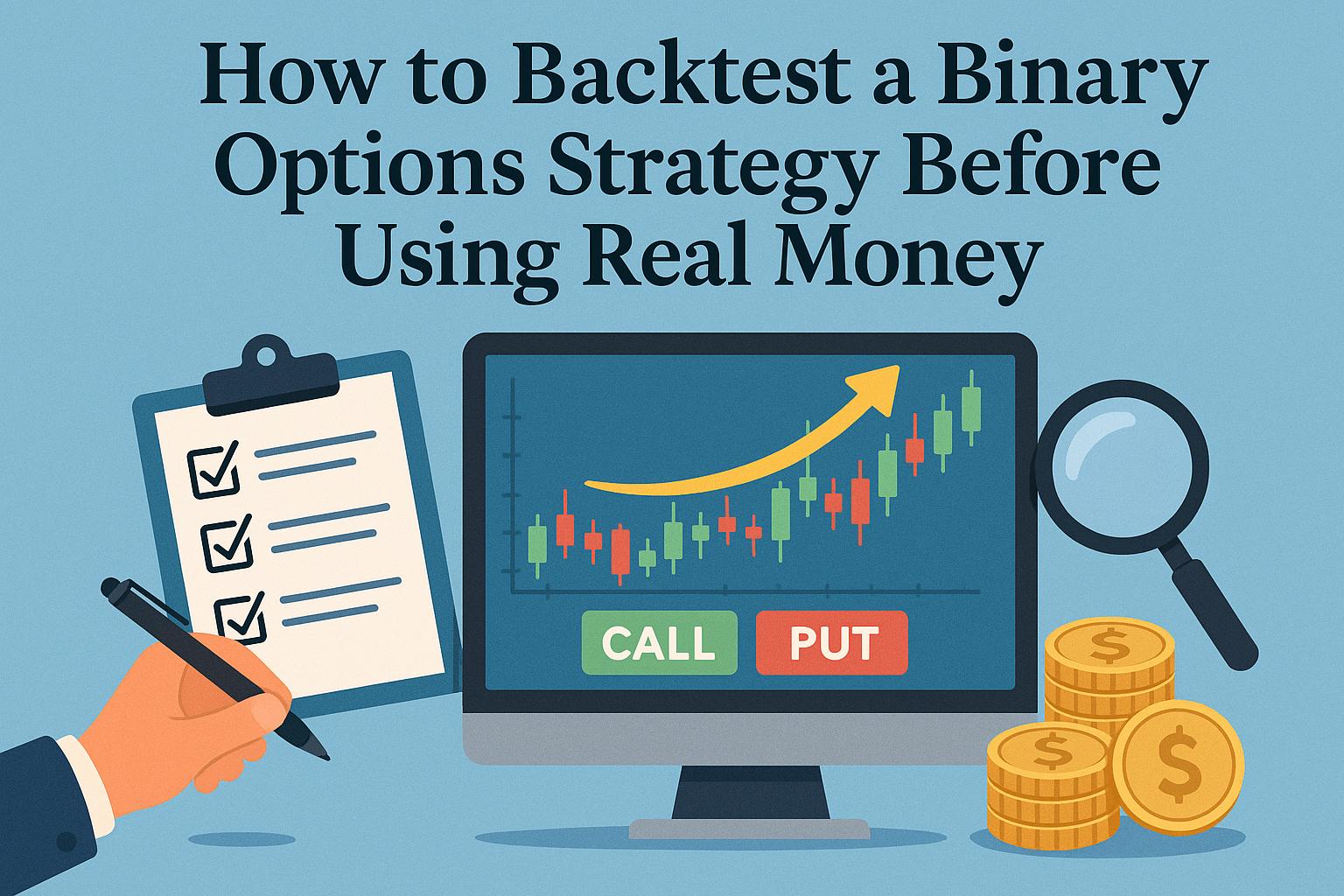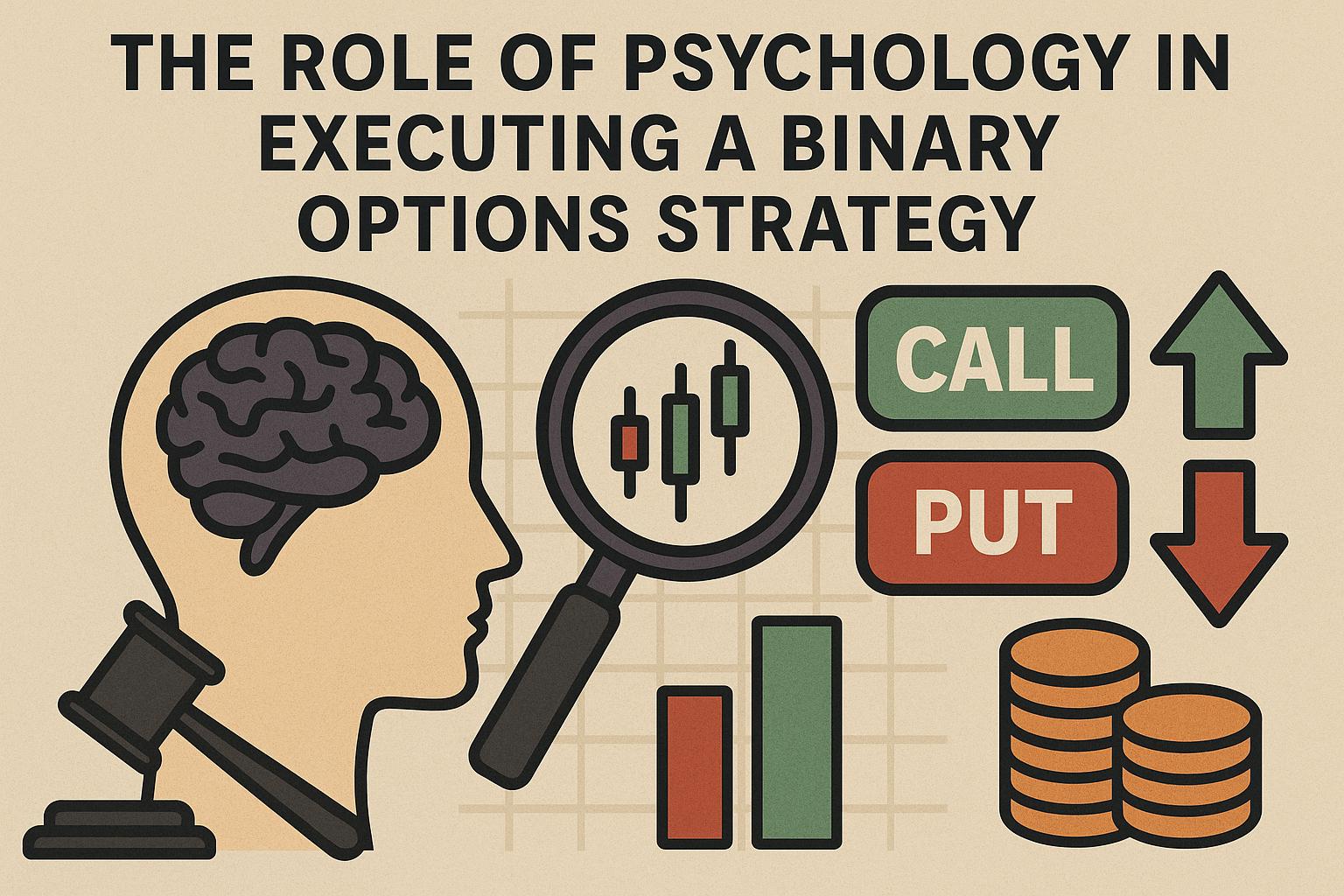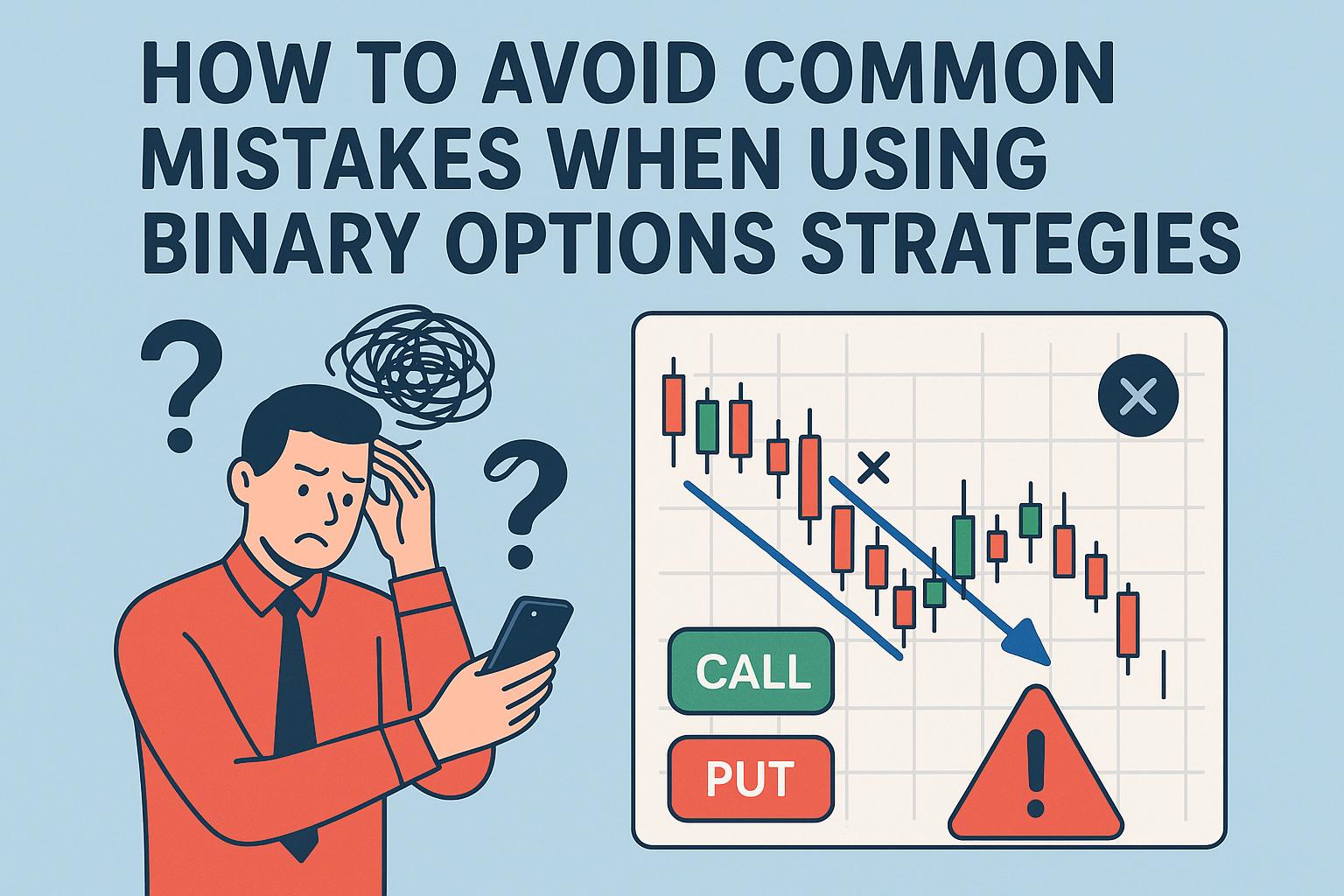Understanding the Importance of Backtesting
Backtesting is a crucial step in developing a successful binary options trading strategy. It enables traders to simulate trades on historical data to evaluate how a strategy would have performed in the past. This process is vital as it allows for the identification of both potential strengths and weaknesses without the financial risk involved in live trading. By doing so, traders can refine their strategies to improve their chances of success.
Gathering Historical Data
To backtest a strategy effectively, having access to reliable and comprehensive historical data is essential. This data should include various timeframes and asset information relevant to the binary options intended for trading. Several online platforms and brokers provide historical data, which can be used to simulate past market conditions. Utilizing such data ensures that the backtesting process is as realistic and applicable as possible.
Historical data serves as the backbone of the backtesting process. Without accurate data that reflects true market conditions, any results derived from backtesting could be severely flawed. Comprehensiveness and reliability are key aspects when selecting data sources, and these factors ensure a realistic representation of market behavior.
Choosing the Right Software Tools
There are several software tools available that can assist in the backtesting of a binary options strategy. These tools often allow you to input the parameters of your strategy, simulate trades, and analyze the results. When choosing a backtesting software, consider factors such as user-friendliness, the ability to handle large datasets, and detailed analytics capabilities. Excel-based tools can be useful for straightforward strategies, while more complex strategies might benefit from specialized backtesting platforms like MetaTrader or Forex Tester.
In efforts to find the right tool, traders should evaluate whether the software provides comprehensive metrics for analyzing past performance. User experience is crucial; effective software should present data and results in a way that facilitates easy interpretation. Traders who wish to backtest strategies involving complex algorithms might require platforms that offer advanced customization and testing capabilities.
Defining the Strategy Parameters
Before beginning the backtesting process, clearly define the parameters of your trading strategy. These parameters typically include the assets to be traded, the timeframes to be analyzed, entry and exit points, and any technical indicators or rules governing trades. It’s important to remain consistent with these parameters throughout the backtesting process to ensure that the results are accurate and reliable.
Failure to maintain consistency with your initial strategy parameters can lead to misleading results. Traders need to set clear guidelines and document each parameter for replication and validation. This step eliminates variability driven by inconsistent approaches when evaluating strategy performance over historical data.
Executing the Backtest
Once you have gathered historical data, chosen your software, and defined your strategy parameters, you can begin executing the backtest. This involves inputting the parameters into the backtesting software and running a simulation of trades across the historical data. Pay close attention to key performance metrics such as win rate, return on investment, and drawdown levels. These metrics will help ascertain the effectiveness of the strategy.
The execution phase of backtesting is where theory meets practice. Metrics like win rate or drawdown levels provide insights into risk/reward balances and the overall viability of a strategy. By thoroughly examining these measures, traders can identify which elements contribute to success and design strategies that better align with market realities.
Analyzing the Results
After executing the backtest, analyze the results with a critical eye. Look for patterns or conditions under which the strategy performed well or poorly. Consider tweaking certain parameters and running additional tests to see if performance improves. Be cautious about over-optimizing for historical data, as this can lead to a strategy that does not perform well in live markets.
The key to post-backtest analysis lies in critical evaluation. Traders should approach the results as data-driven stories, highlighting why certain conditions led to specific outcomes. By running additional tests, you uncover whether the strategy possesses broad applicability or if its success hinges on very specific scenarios.
Incorporating Feedback and Iterating
Finally, use the insights gained from backtesting to make informed decisions about whether to proceed with a strategy in a live trading environment. The backtesting process may reveal the need for significant adjustments, or it may validate the strategy’s potential. Continue refining the strategy by incorporating the feedback from your tests and iterating your approach as needed before engaging with real money.
Success in trading involves a commitment to continuous refinement and iteration. As you incorporate feedback, strategies evolve from basic frameworks to robust, adaptable models capable of navigating live market conditions. It’s critical to remain adaptive, learning not only from statistical outcomes but also from qualitative insights derived through each phase of backtesting.
For a deeper understanding of tools and techniques related to backtesting, you might find dedicated forums and trading community platforms enlightening. Participating in these communities often provides additional insights and the opportunity to discuss findings with other experienced traders.



